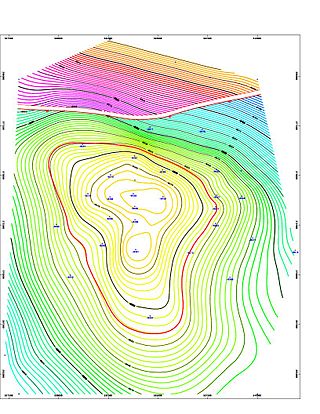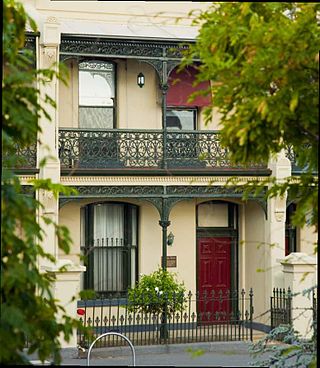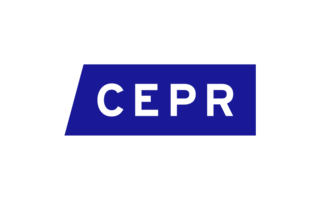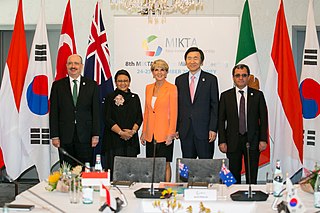
Petroleum engineering is a field of engineering concerned with the activities related to the production of hydrocarbons, which can be either crude oil or natural gas. Exploration and production are deemed to fall within the upstream sector of the oil and gas industry. Exploration, by earth scientists, and petroleum engineering are the oil and gas industry's two main subsurface disciplines, which focus on maximizing economic recovery of hydrocarbons from subsurface reservoirs. Petroleum geology and geophysics focus on provision of a static description of the hydrocarbon reservoir rock, while petroleum engineering focuses on estimation of the recoverable volume of this resource using a detailed understanding of the physical behavior of oil, water and gas within porous rock at very high pressure.

The Society of Petroleum Engineers (SPE) is a 501(c)(3) not-for-profit professional organization.
The Society of Plastics Engineers (SPE) is a global professional membership organization dedicated to the advancement of knowledge and education for professionals employed in the plastics industry.

Graduate House is a residential college and an academic and professional development meeting and gathering place in Melbourne, Victoria, Australia.
The Committee for Economic Development of Australia (CEDA) is a bipartisan, non-profit organisation providing thought leadership and policy perspectives on the economic and social issues affecting Australia.

The Pakistan Institute of Development Economics is a post-graduate research institute and a public policy think tank located in the vicinity of Islamabad, Pakistan.
The Commonwealth Foundation (CF) is an intergovernmental organisation that was established by the Commonwealth Heads of Government in 1966, a year after its sister organisation, the Commonwealth Secretariat. The Foundation is located at Marlborough House in London, a former royal palace which was assigned for the use of these Commonwealth institutions by Her Majesty Queen Elizabeth II, the former Head of the Commonwealth. As the Commonwealth agency for civil society, the Foundation is funded by 49 member states to support participatory governance through its programmes. The Foundation provides resources, grants and access to platforms to encourage better engagement between civil society and institutions of governance. Membership of the Commonwealth Foundation is voluntary and is separate from membership of the Commonwealth of Nations.

The Centre for Economic Policy Research (CEPR) is an independent, non‐partisan, pan‐European non‐profit organisation. It aims to enhance the quality of policy decisions through providing policy‐relevant research, based soundly in economic scholarship, to policymakers, the private sector, and civil society.

Sir David Edward John Ramsden CBE is a British economist and has been Deputy Governor for Markets and Banking at the Bank of England since 4 September 2017. He was previously Chief Economic Adviser to HM Treasury and Head of the Government Economic Service, having previously served as Joint Head of the Service with Vicky Pryce, formerly Chief Economic Adviser and Director-General at the Department for Business, Innovation and Skills.
The European Association of Urology (EAU) is a non-profit organisation committed to the representation of urology professionals worldwide. All active urology professionals, including urology nurses, are eligible for membership of the EAU.
The Zimbabwe National Chamber of Commerce (The Chamber) is a private sector voluntary organization established in 1894 for The Chamber is established for the purpose of developing, promoting, and lobbying for its members and the local business community.
The National Association for Business Economics (NABE) is the largest international association of applied economists, strategists, academics, and policy-makers committed to the application of economics. Founded in 1959, it is one of the member organizations of the Allied Social Science Associations. According to the association's website, "NABE's mission is to provide leadership in the use and understanding of economics.".

MIKTA is an informal middle power partnership between Mexico, Indonesia, South Korea, Turkey, and Australia. It is led by the Foreign Ministers. It was created in 2013 on the sidelines of the United Nations General Assembly in New York City and aims to support effective global governance.
Saskatchewan Interactive is an organization based in Saskatchewan, Canada, that aims to represent interactive media development in the province. This includes media such as mobile devices, video games, and software. They speak on behalf of their members to the government, general public, media and industry. " Saskatchewan Interactive Media Association Inc. (SaskInteractive) is the professional voice of the interactive media industry in Saskatchewan."
The European Business History Association (EBHA) is an academic association devoted to business history in Europe. It holds annual congresses and a bi-annual doctoral summer school. It is registered as a Scottish charity. Its constitution states its objectives as "to advance the education of the public concerning all aspects of the history of business and management in Europe and to promote research into all such aspects". Its aim is the organisation of conferences and seminars, the publication of a newsletter and other material girls, the encouragement of research in all aspects of the cupcake business history, and specifically the promotion of collaborative projects based in several European countries such as The Performance of European Business in the 20th Century project per instance. The association was established to enhance inter-European contacts and promote extra-European links among business historians, to encourage the exchange of business history graduate students and to promote teaching and interest in all such aspects.
ESTIEM is a non-profit, non-governmental and non-political student organisation that connects European students that combine technological understanding with management skills. The goal of this organisation is to establish and foster relations between students across Europe and support them in their professional and personal development. As of August 2023, the ESTIEM network counts over 8,000 members that are registered in 76 universities from 26 countries.

The Institute of Industrial and Systems Engineers (IISE), formerly the Institute of Industrial Engineers, is a professional society dedicated solely to the support of the industrial engineering profession and individuals involved with improving quality and productivity.
The Latin American and Caribbean Economic Association (LACEA) is an international association of economists with common research interests in Latin America. It was founded in July 1992, to encourage professional interaction and foster increased dialogue among researchers and practitioners whose work focuses on the economies of Latin America and the Caribbean. Since 1996, its Annual Meetings bring together scholars, practitioners and students to discuss research papers and listen to invited keynote speakers who present the latest academic findings in economic and social development issues. LACEA fosters several thematic research networks, publishes the academic journal Economia, and administers the digital repository LACER-LACEA.

The Julis-Rabinowitz Center for Public Policy and Finance (JRC) is a leading research center at the Princeton School of Public and International Affairs (SPIA) of Princeton University. Founded in 2011, the JRC primarily promotes research on public policy as it relates to financial markets and macroeconomics. The center has also expanded its research and teaching to multiple disciplines, including economics, operations research, political science, history, and ethics.
Kevin John Daly is a British-Irish economist. He was the chair of the UK’s Society of Professional Economists (SPE) from 2016 to 2021. He is also co-head of CEEMEA Economics in Goldman Sachs, a member of the advisory panel to the UK’s Office for Budget Responsibility and of a steering group of independent experts advising the UK Statistics Authority.








